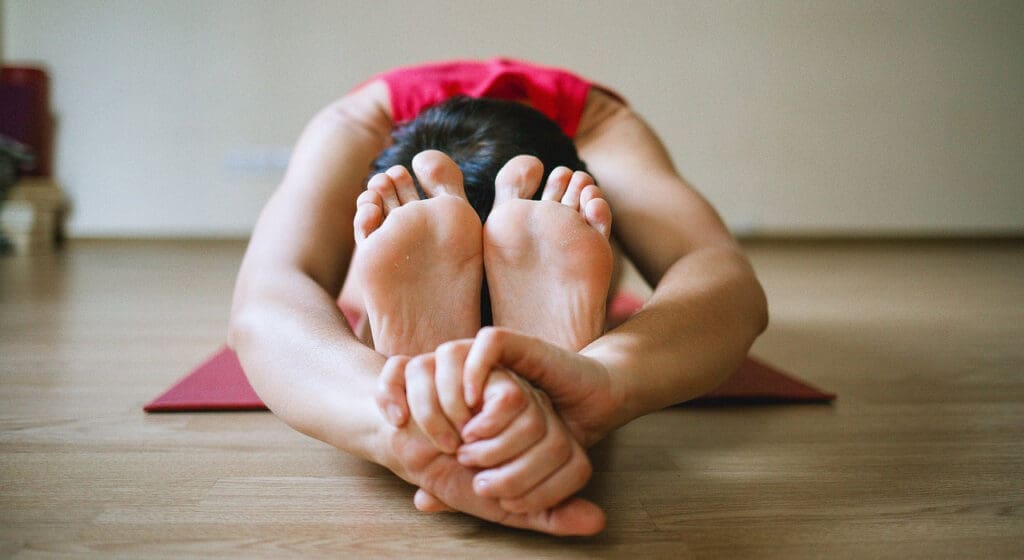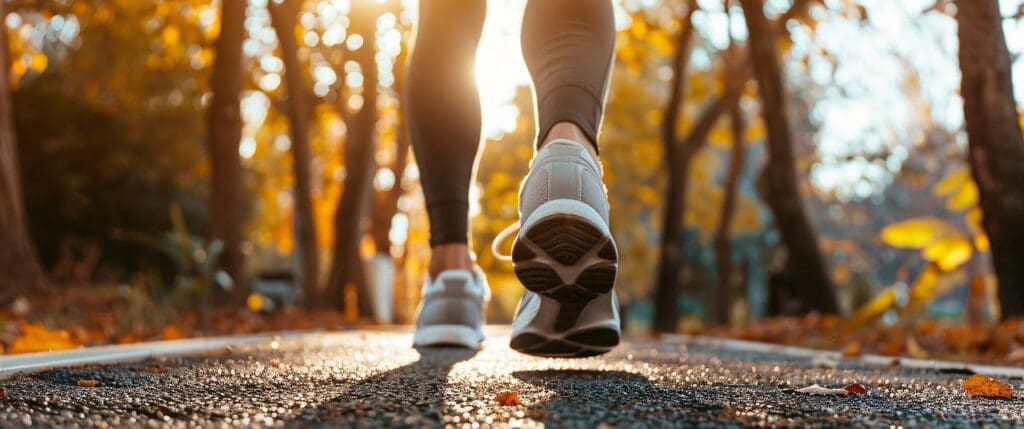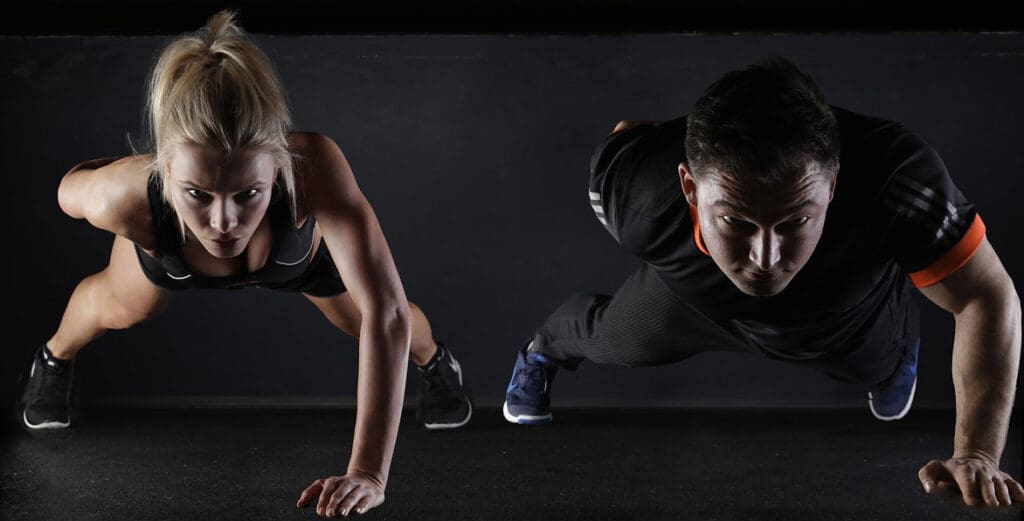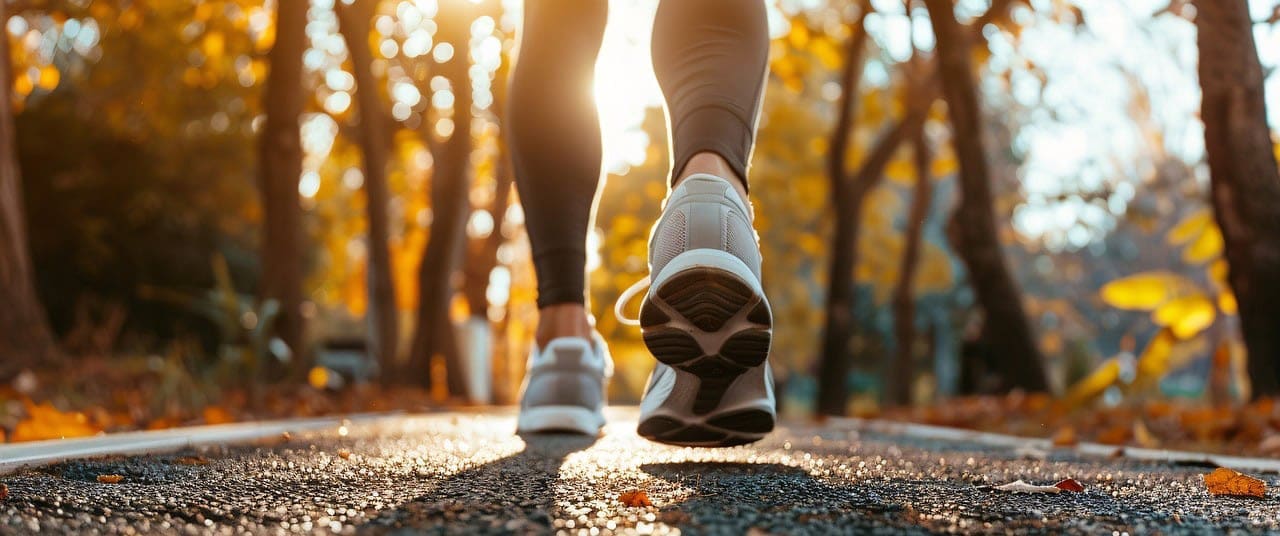These beginner-friendly activities are a great way to create good habits for your journey towards a healthier version of yourself and overall well-being.
Engaging in regular physical activity can make you healthier in numerous positive ways, such as:
- Enhancing sleep quality
- Supporting mental well-being
- Strengthening bones, joints, and muscles
- Improving posture and body composition
- Lowering the risk of cardiovascular diseases, type 2 diabetes, and certain types of cancer
Any physical activity that increases your movement, especially when done consistently, can help you start experiencing these benefits. If you’re just getting started, prioritise discovering activities that you genuinely enjoy, as this will motivate you to begin—and, crucially, to maintain—an active lifestyle.
Over time, incorporating these five key habits into your weekly routine will lay a strong foundation for lifelong health and fitness.
Five Essential Active Habits to Cultivate

- Reduce Sedentary Time
Why it matters: Even those who are physically fit can face health issues from prolonged periods of sitting, such as heightened risks for conditions like type 2 diabetes and hypertension.
Tips to get started:
- Break up extended periods of sitting by taking a brief walk, stretching, or simply moving around every 20 minutes.
- Stand up and walk during phone calls.
- Utilise commercial breaks as a chance to tackle small household chores.
- Make a habit of getting up from your desk every 20 minutes, whether to use the restroom, grab a glass of water, or attend to a small task.
Why it matters: Incorporating more movement throughout your day can help sustain weight loss, reduce health risks, and ensure your body functions optimally. The more you move, the more substantial the benefits.
Tips to get started:
- Opt for stairs instead of elevators.
- Park your car further away from the entrance when running errands.
- Walk the kids to school instead of driving.
- Add an extra 10 minutes to your daily dog walk.
- Get off public transport one stop early and walk the rest of the way.

- Improve Balance and Flexibility
Why it matters: Enhancing balance and flexibility not only boosts muscle strength and coordination but also helps maintain independence and confidence as you age. These exercises can also improve posture, reduce aches and pains, and lower the risk of falls and injuries.
Tips to get started:
- Practice standing up from a chair without using your hands.
- Try balancing on one leg for 60 seconds without losing your balance.
- Follow online yoga routines or join a Pilates class.
- Incorporate dancing into your daily routine, whether it’s in your kitchen or while cleaning.

- Engage in Moderate-Intensity Cardio
Why it matters: Cardio exercises elevate your heart rate, engage your lungs, and activate large muscle groups, all of which contribute to lowering blood pressure and cholesterol. Additionally, regular cardio can reduce the risk of type 2 diabetes, certain cancers, cognitive decline, and early-onset dementia.
Tips to get started:
- Turn household chores like vacuuming into a vigorous activity.
- Go for brisk walks in your neighbourhood.
- Visit your local swimming pool for a few laps.
- Dust off your bicycle and go for a ride.
- Warm up with a gentle jog.

- Strength Training
Why it matters: Building muscle strength is crucial for maintaining mobility and overall strength as you age. Strong muscles also support a healthy metabolic rate, which can be particularly beneficial for weight management.
Tips to get started:
- Engage in heavy gardening activities, such as digging or moving a loaded wheelbarrow.
- Carry heavy grocery bags or even lift small children as part of your daily routine.
- Push a wheelchair if needed, which can serve as a great strength exercise.
- Start weightlifting or join a circuit training class.
Before beginning any new exercise routine, it’s advisable to consult with your GP, especially if you have existing health conditions like high blood pressure, diabetes, or asthma. Pregnant women should also check with their midwife to ensure that the exercises they plan to do are suitable. For more info you can check more advice from NHS.

